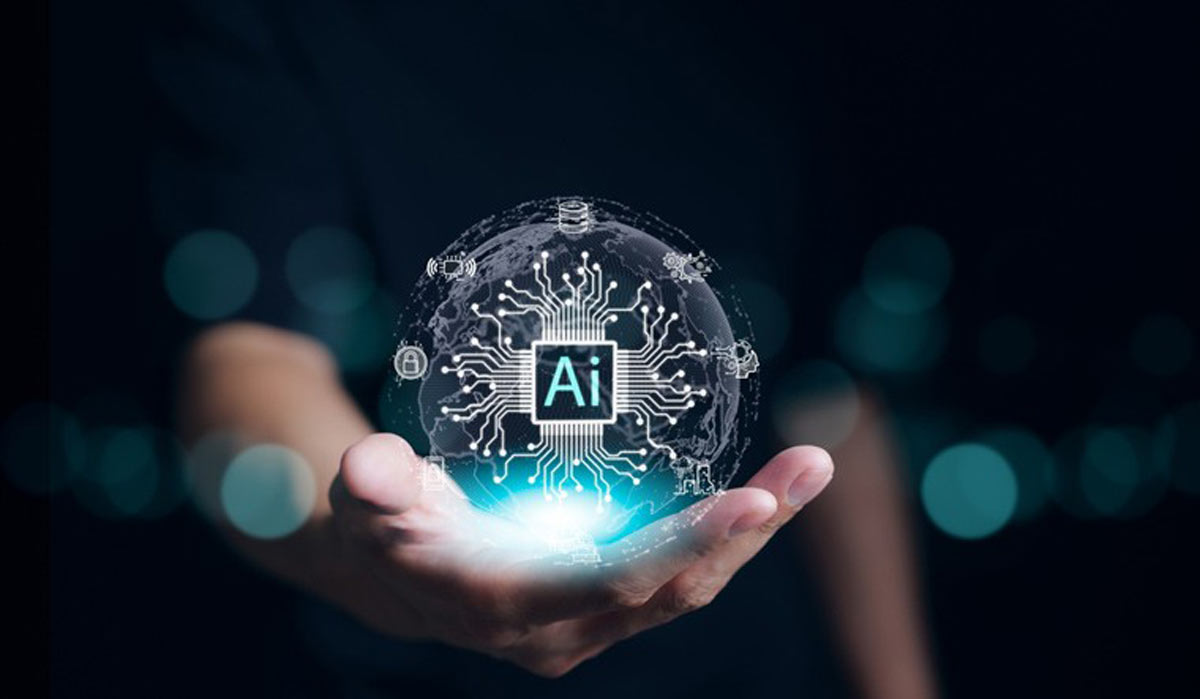Artificial intelligence is the buzz word these days. As its usage grows, it is expected to speed up many things from writing simple mails to manufacturing and scientific research. But, at the same time, there are also growing concerns over the impact it will have on jobs in the coming years. And the government, not surprisingly, seems worried too.
ALSO READ: Union Budget 2024 Live: Expectations high among investors, taxpayers ahead of D-Day
"The advent of Artificial Intelligence casts a huge pall of uncertainty as to its impact on workers across all skill levels – low, semi and high. These will create barriers and hurdles to sustained high growth rates for India in the coming years and decades," the Economic Survey 2023-24 published on Monday warned.
Overcoming these would require a grand alliance of union, state governments and the private sector, it noted.
The survey pointed that India was a leading destination for AI-related foreign direct investment (FDI) in 2022, receiving 122 AI-related FDI projects in 2022, with multinational companies such as ABB, Accenture, Deloitte, IBM, and Microsoft announcing investments in the country.
It further noted that according to research by NASSCOM, India is an attractive destination for AI investment due to its relatively low operating costs and the world’s second-largest pool of highly skilled AI, machine learning, and big data workers.
A report NASSCOM published in February this year expects AI market will grow at 25-35 per cent CAGR (compounded annual growth rate) by 2027. It expects India to mirror global growth rates to touch $17-22 billion by 2027.
While its productivity-enhancing potential is beyond doubt, the social impact of emerging technologies such as AI via labour market disruptions and labour displacement is barely understood, the survey noted.
"Deploying capital-intensive and energy-intensive AI is probably one of the last things a growing, lower-middle-income economy needs," it said.
While a boom in telecommunications and rise of internet may have facilitated business process outsourcing, the next wave of tech evolution might bring the curtains down on it, it cited. Hiring in the IT sector has slowed significantly in the last two years, it pointed.
"In this milieu, the corporate sector has a responsibility, as much to itself as it is to society, to think harder about ways AI will augment labour rather than displace workers," the survey stressed.
It said that with AI taking roots in several spheres of economic activity, job market must adapt while steering the technological choices towards collective welfare is key.



